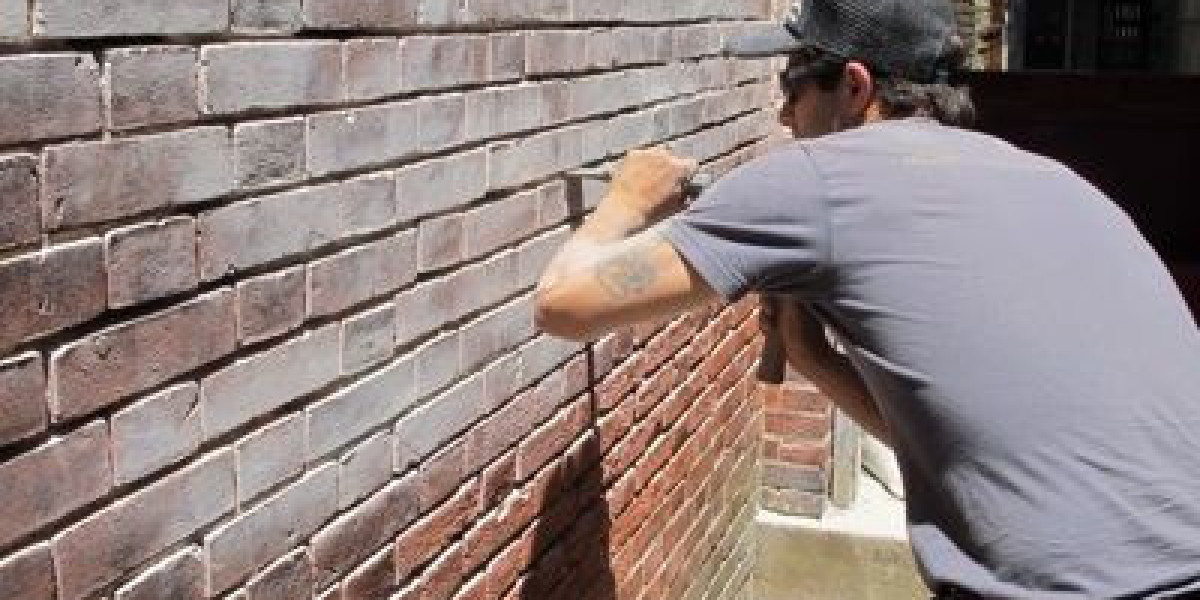For DIY enthusiasts and construction professionals alike, tackling concrete drilling projects can be daunting. Concrete's sheer strength demands the right tools to get the job done efficiently and safely. But when it comes to drill bits, the terms "concrete drill bit" and "cement drill bit" can get confusing. Are they the same? What features should you look for?
This comprehensive guide, aimed specifically for the USA market, will equip you with all the knowledge you need to conquer concrete with the perfect cement drill bit. We'll delve into the world of concrete drill bits, exploring the differences between concrete and cement, the various types of bits available, and crucial factors to consider when making your purchase.
Concrete vs. Cement: Understanding the Difference
While the terms "concrete" and "cement" are often used interchangeably, there's a crucial distinction to understand when choosing a drill bit.
Concrete: A composite material formed by mixing Portland cement, sand, gravel, and water. The cement acts as a binder, holding the other components together to create a strong, durable material. Concrete is widely used in construction projects due to its exceptional strength, weather resistance, and fireproofing properties.
Cement: A finely ground powder used as a binding agent in concrete and mortar. On its own, cement doesn't possess the strength or structural integrity to handle drilling.
Therefore, drill bits specifically designed for concrete are what you need to tackle drilling projects in concrete walls, floors, or slabs.
Unveiling the Champions: Types of Concrete Drill Bits
Now that you understand the difference, let's explore the battle-ready warriors in the concrete drilling arena: different types of concrete drill bits. Each type has its strengths and applications, making it crucial to choose the right one for your project.
1. Hammer Drill Bits (SDS Plus and SDS Max):
These powerhouses are designed for use with hammer drills, which combine a rotational drilling action with a hammering motion. The hammering action makes them ideal for penetrating tough materials like concrete, brick, and masonry.
- Features:
- Shank Design:
- SDS Plus: Commonly used for lighter-duty hammer drills. Features two grooves and a center ridge for a secure fit.
- SDS Max: Used for heavier-duty applications and larger diameter holes. Features three grooves for stability and higher torque transfer.
- Material: Made with extremely hard and wear-resistant tungsten carbide (TUNGSTEN CARBIDE) tips for exceptional drilling performance in concrete.
- Flute Design: Wide flutes to efficiently remove dust from the hole during drilling.
- Applications: Ideal for drilling holes for anchors, wires, pipes, and other applications in concrete, brick, and block.
- Shank Design:
2. Rotary Drill Bits:
These drill bits are designed for use with standard rotary drills (non-hammer drills). While not as powerful as hammer drill bits, they can be suitable for softer concrete or shallow holes.
- Features:
- Shank Design: Round shank for standard drill chucks.
- Material: May feature a carbide tip or a hardened steel tip. Carbide tips offer superior performance in concrete, while hardened steel tips are adequate for softer concrete or occasional use.
- Flute Design: Similar to hammer drill bits, with wide flutes for efficient dust removal.
- Applications: Suitable for drilling shallow holes for light-duty applications in softer concrete, brick, or tile.
3. Masonry Drill Bits:
These are a versatile option that can be used for drilling in concrete, brick, and masonry.
- Features:
- Shank Design: Round shank for standard drill chucks.
- Material: Typically feature a carbide tip for drilling into concrete and masonry.
- Flute Design: Similar to both rotary and hammer drill bits, with wide flutes for efficient dust removal.
- Applications: A good all-rounder for drilling holes for light-duty applications, anchors, and wires in concrete, brick, and masonry.
4. Specialty Concrete Drill Bits:
For specific applications, specialty concrete drill bits offer even more focused performance. Some examples include:
- Self-Centering Drill Bits: Feature a pilot point that helps prevent the bit from wandering during drilling.
- Flat Head Drill Bits: Designed for creating flat, shallow holes in concrete for electrical boxes or screw anchors.
- Core Drill Bits: Used for creating large-diameter holes in concrete for pipes, ducts, and other applications.










